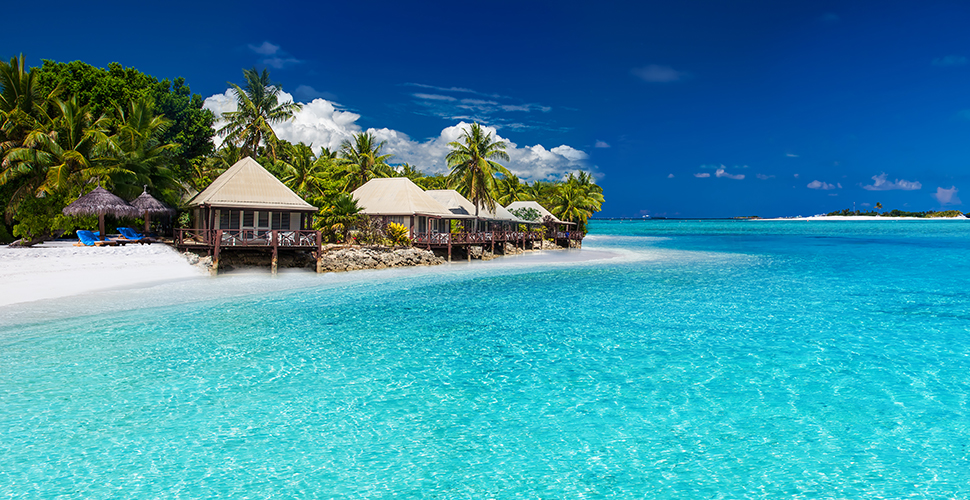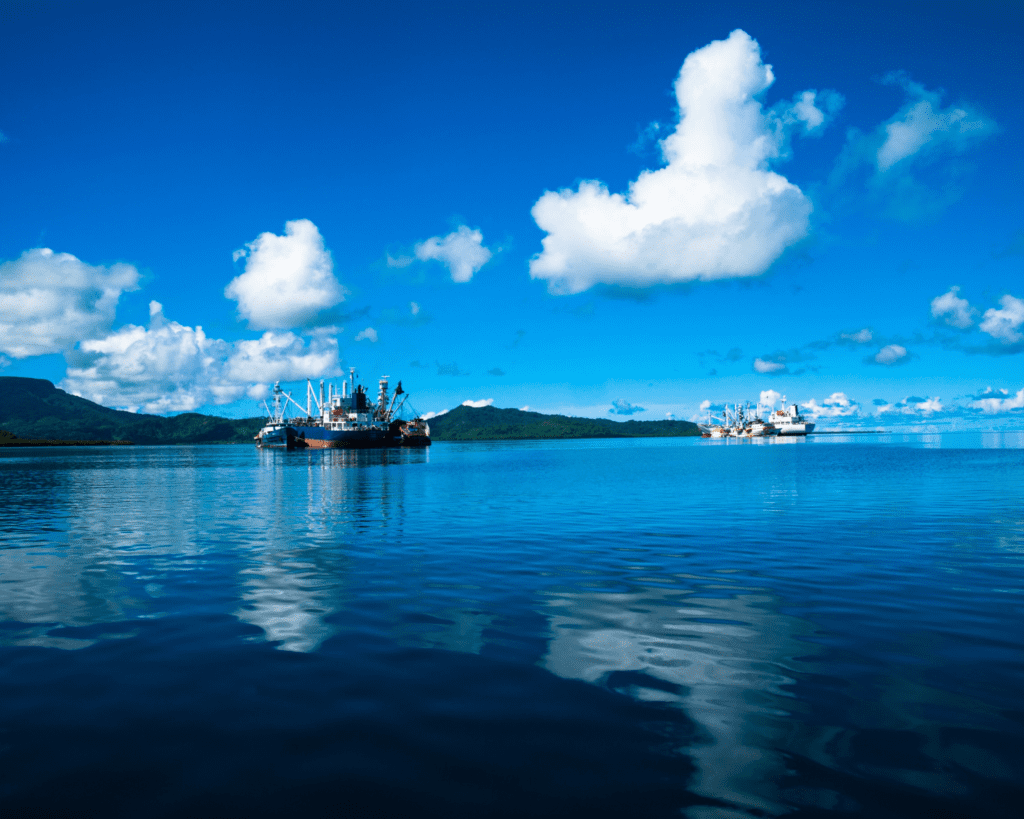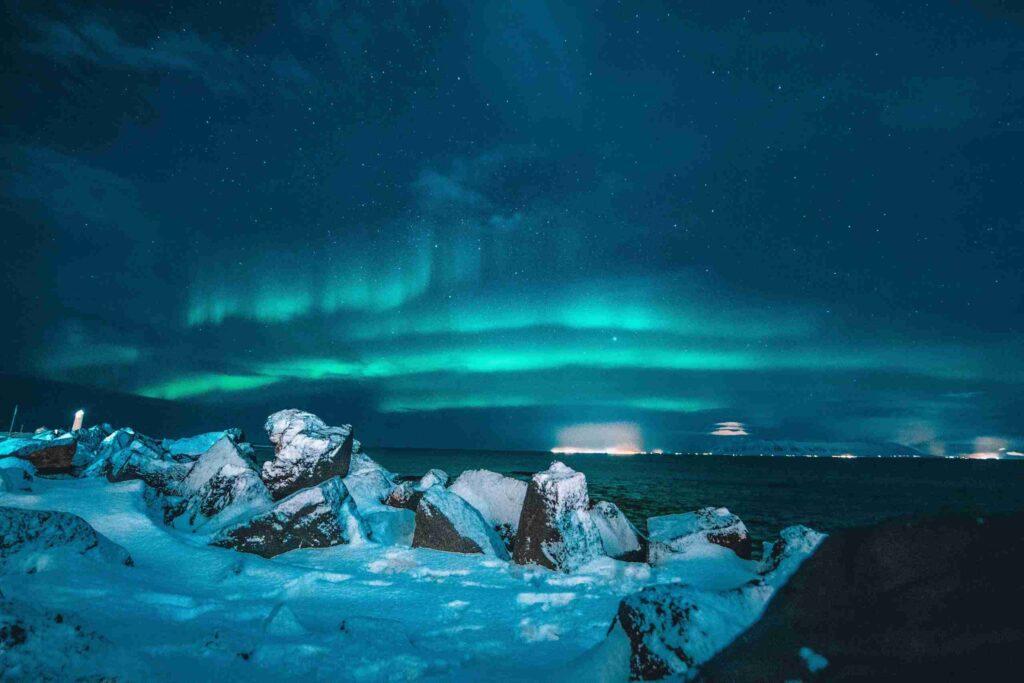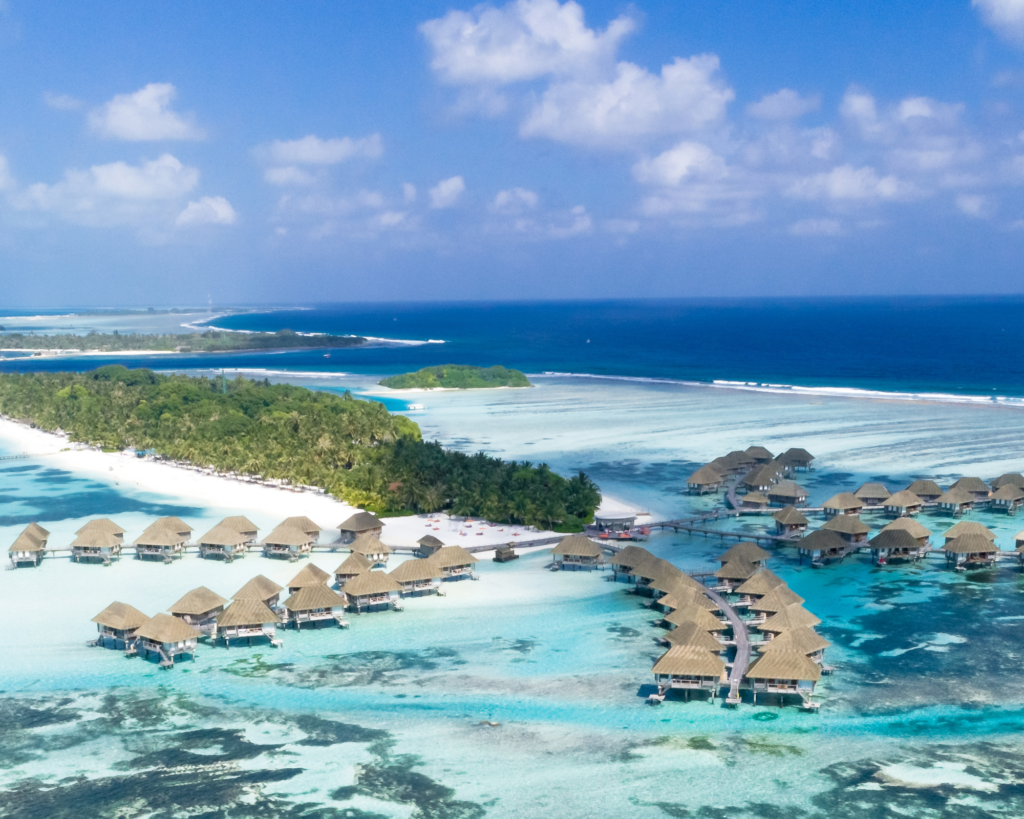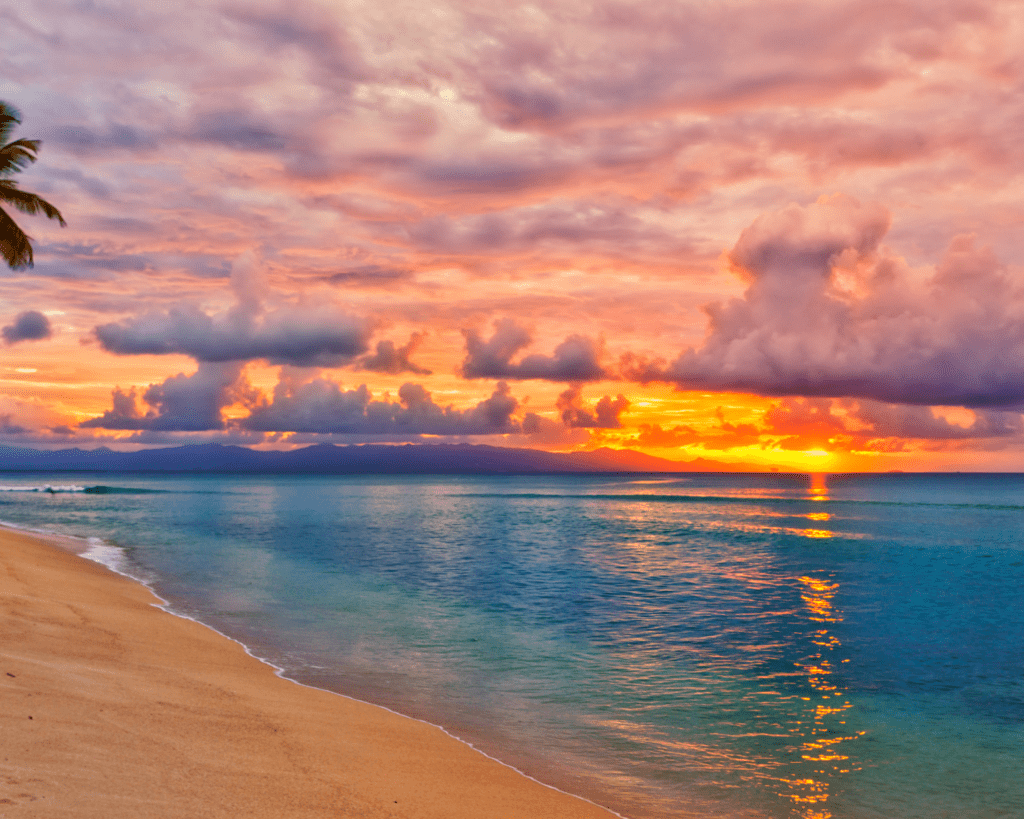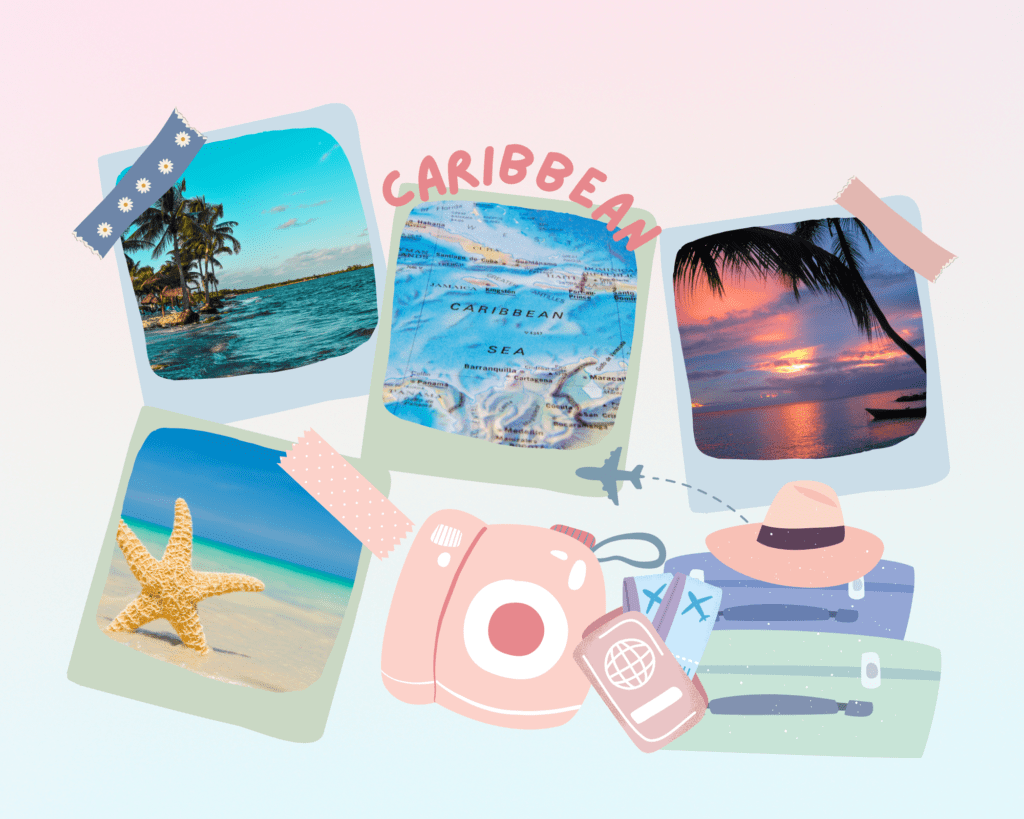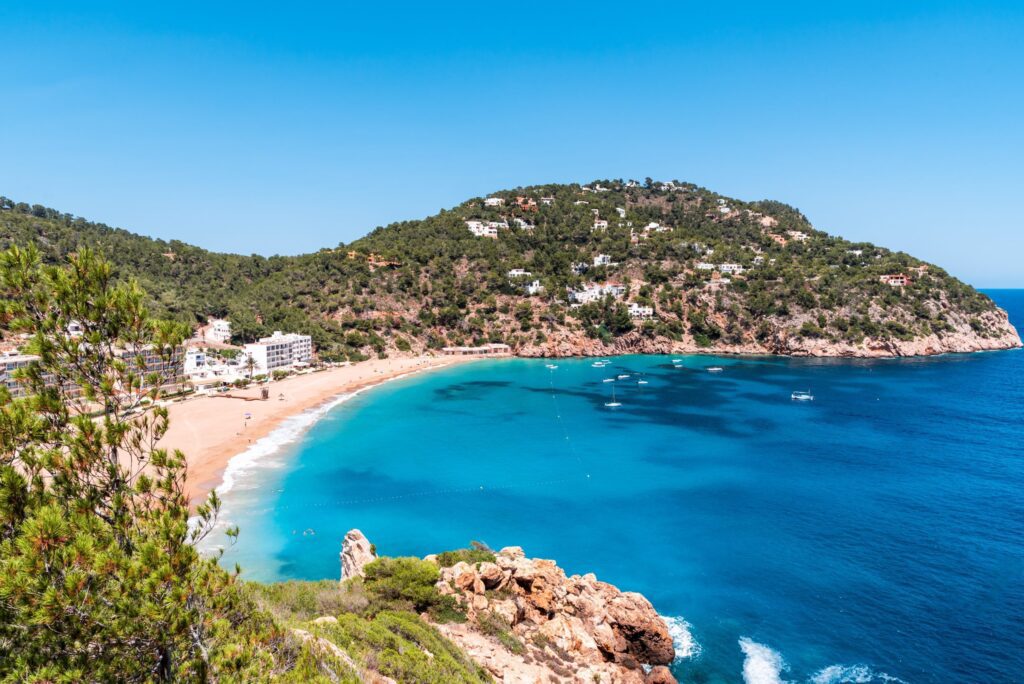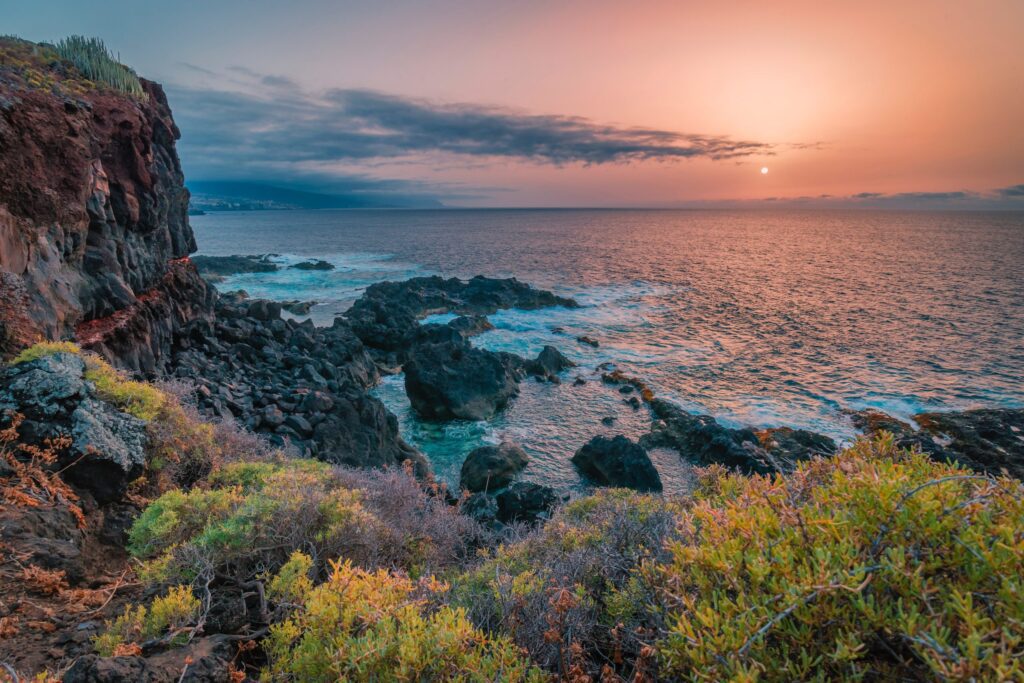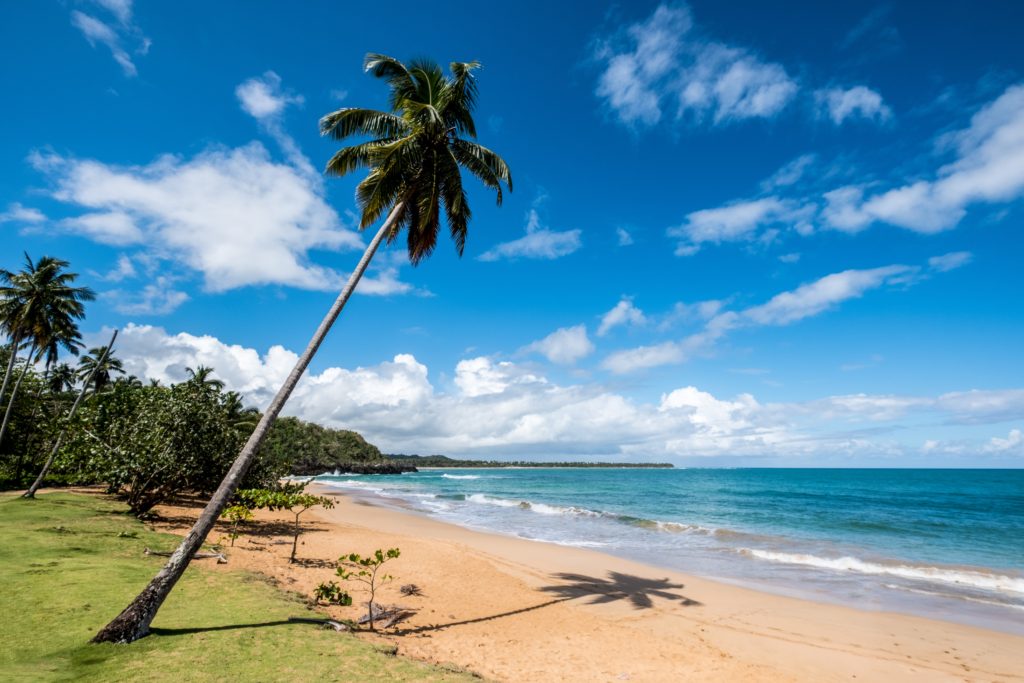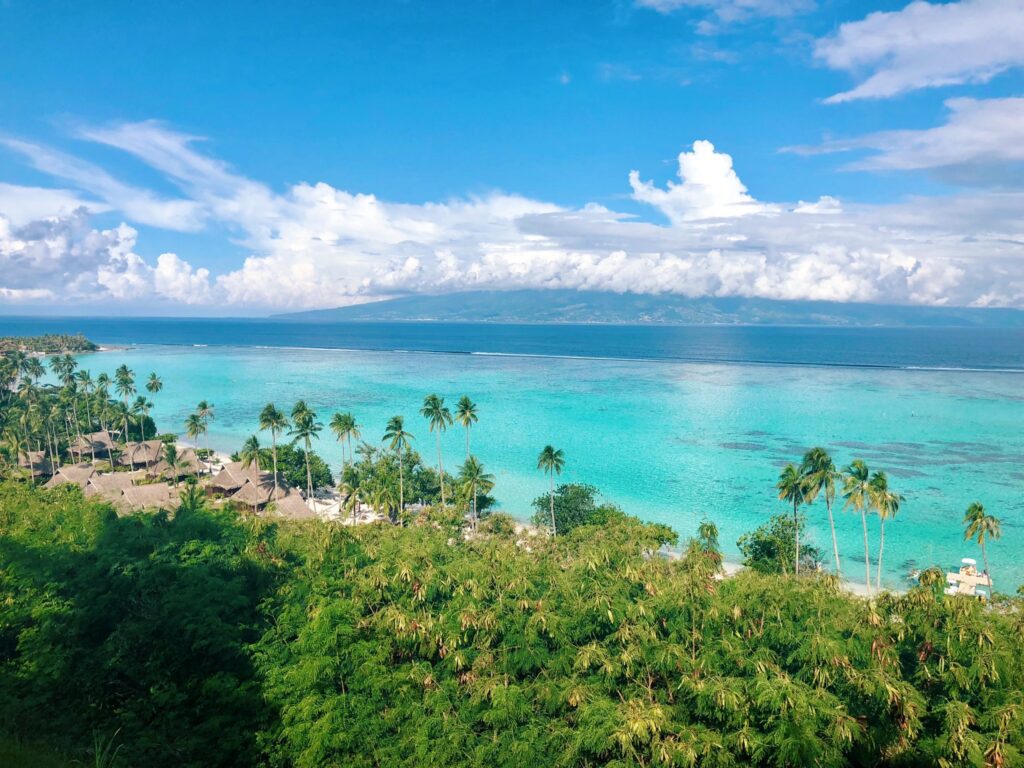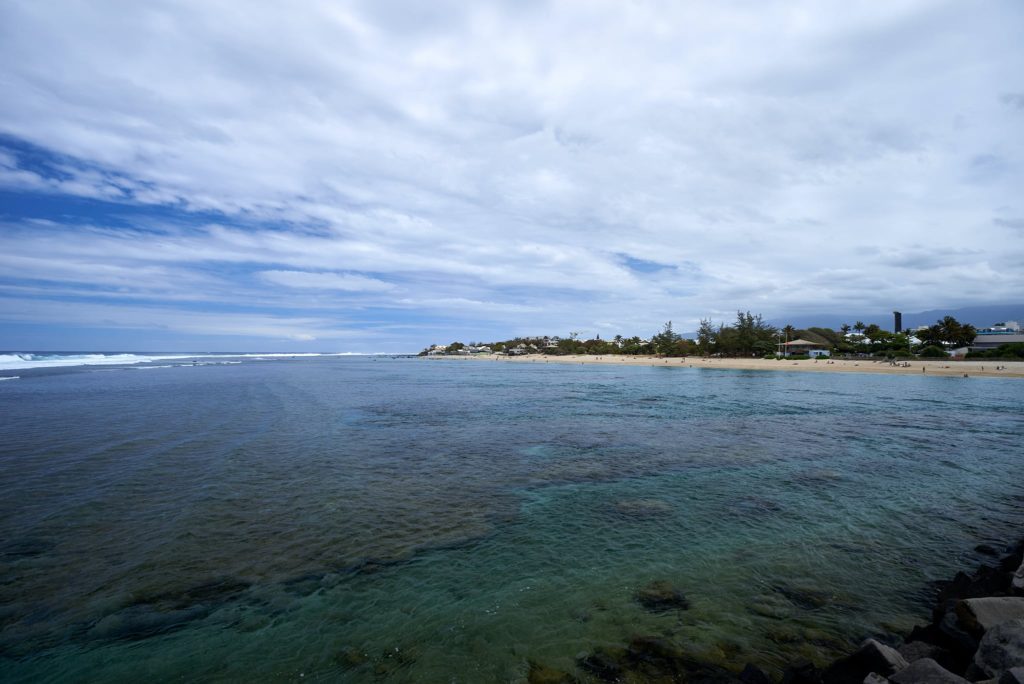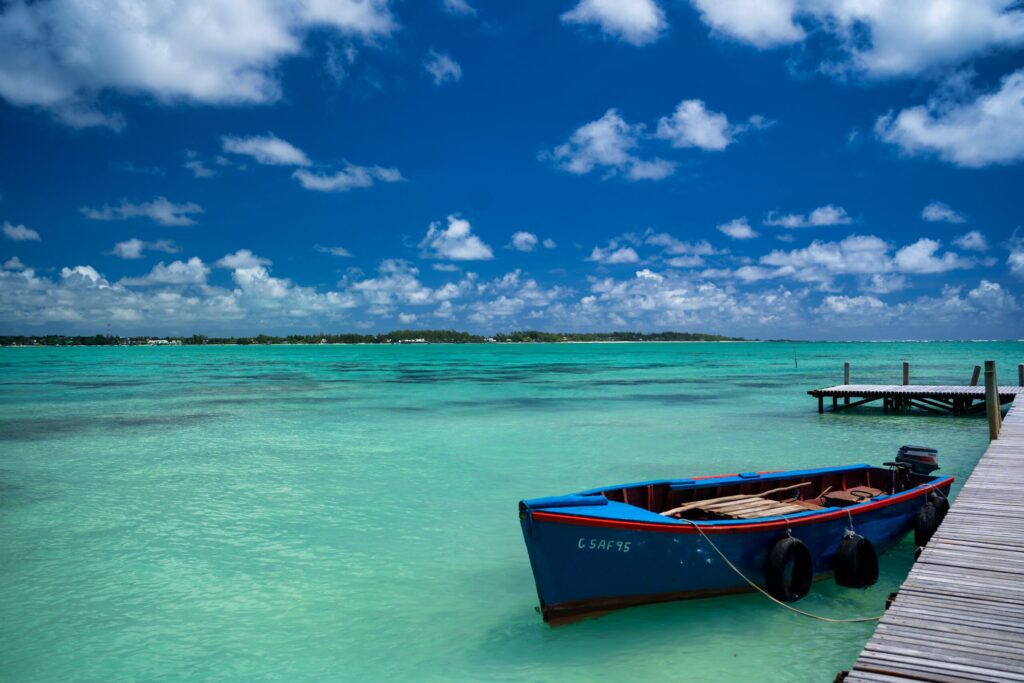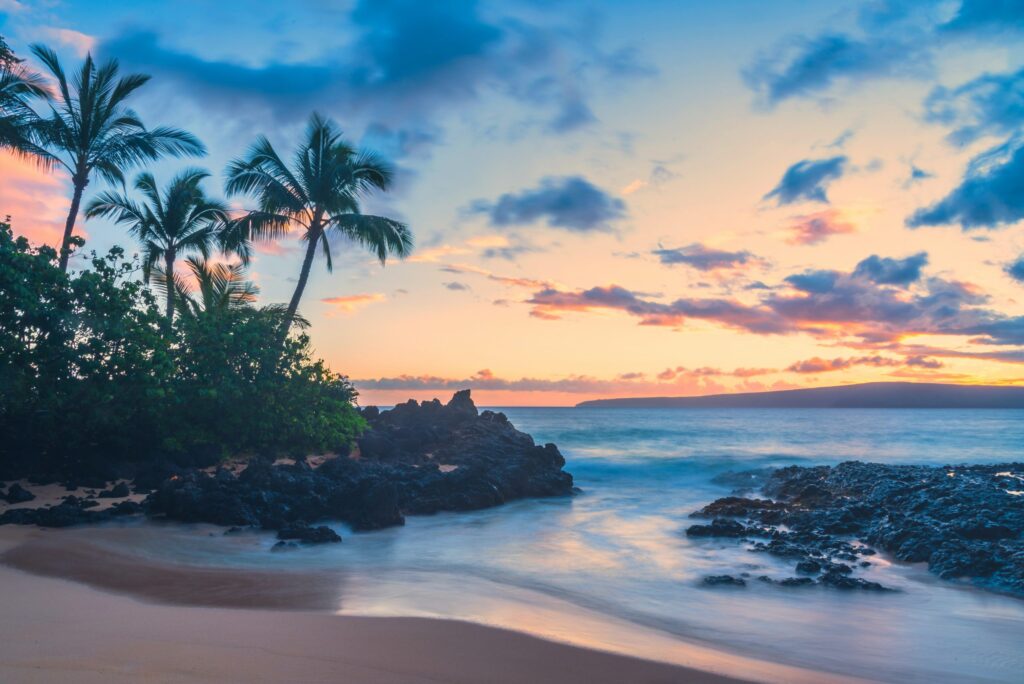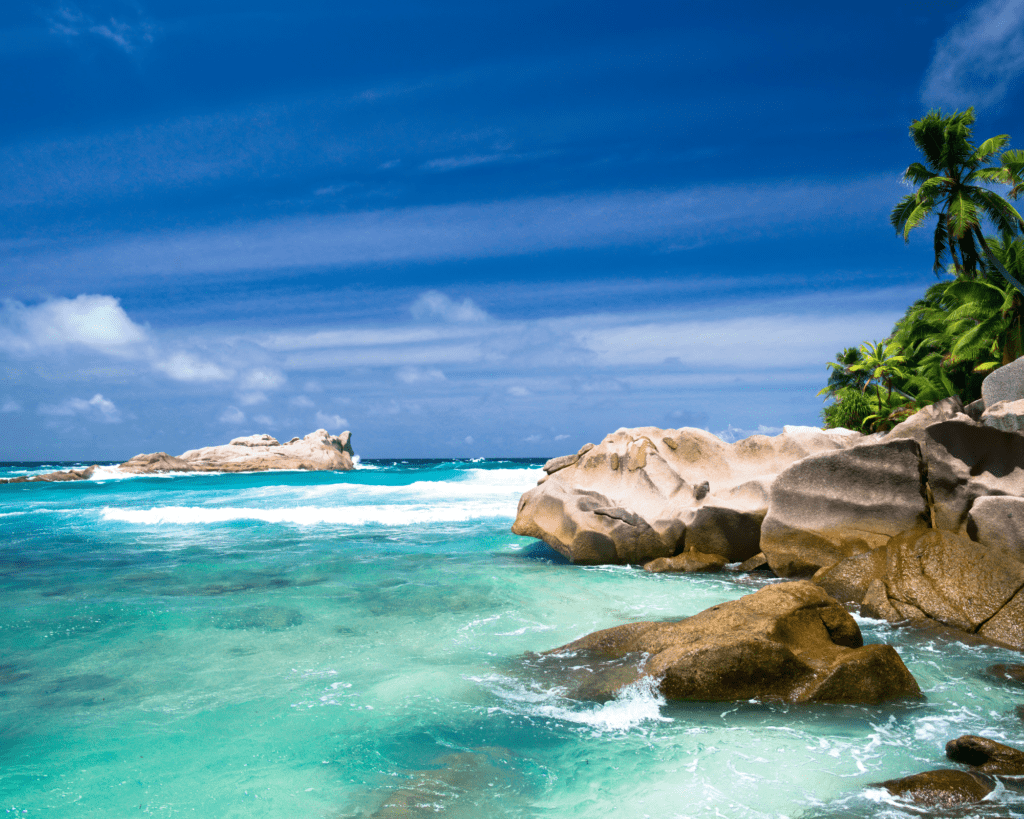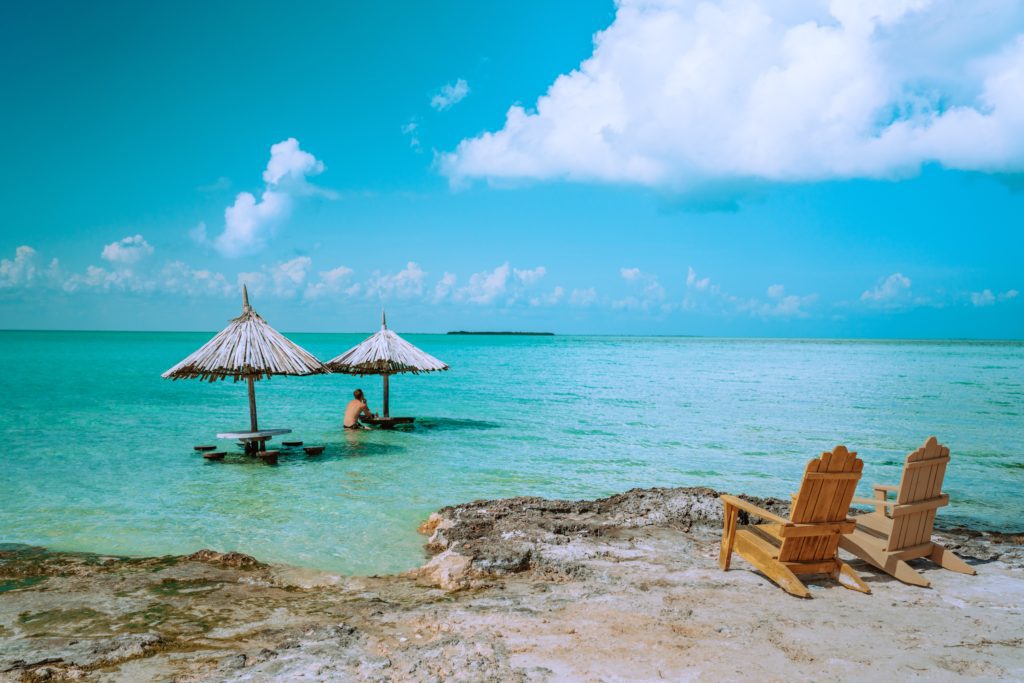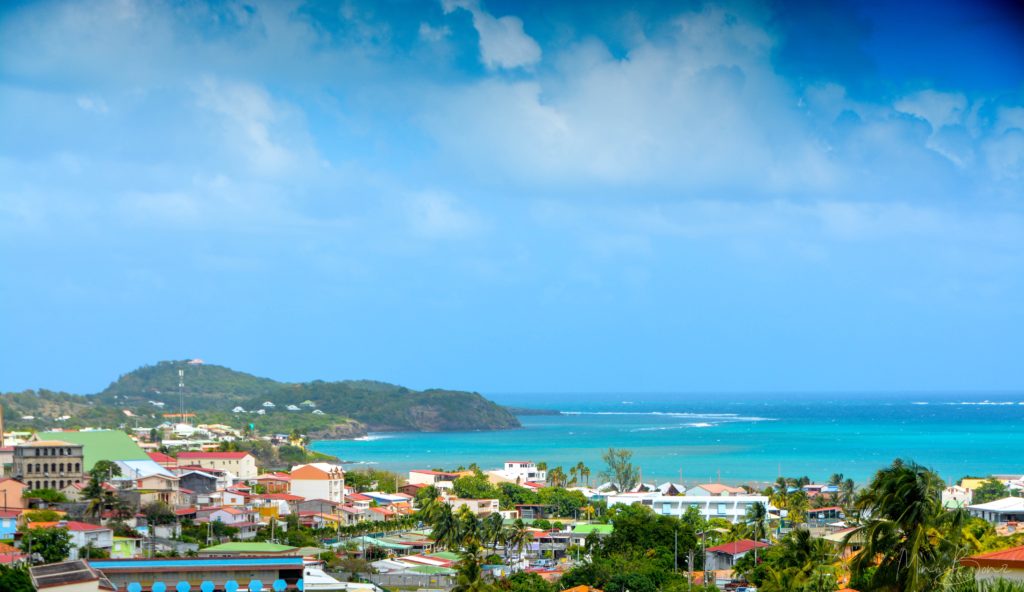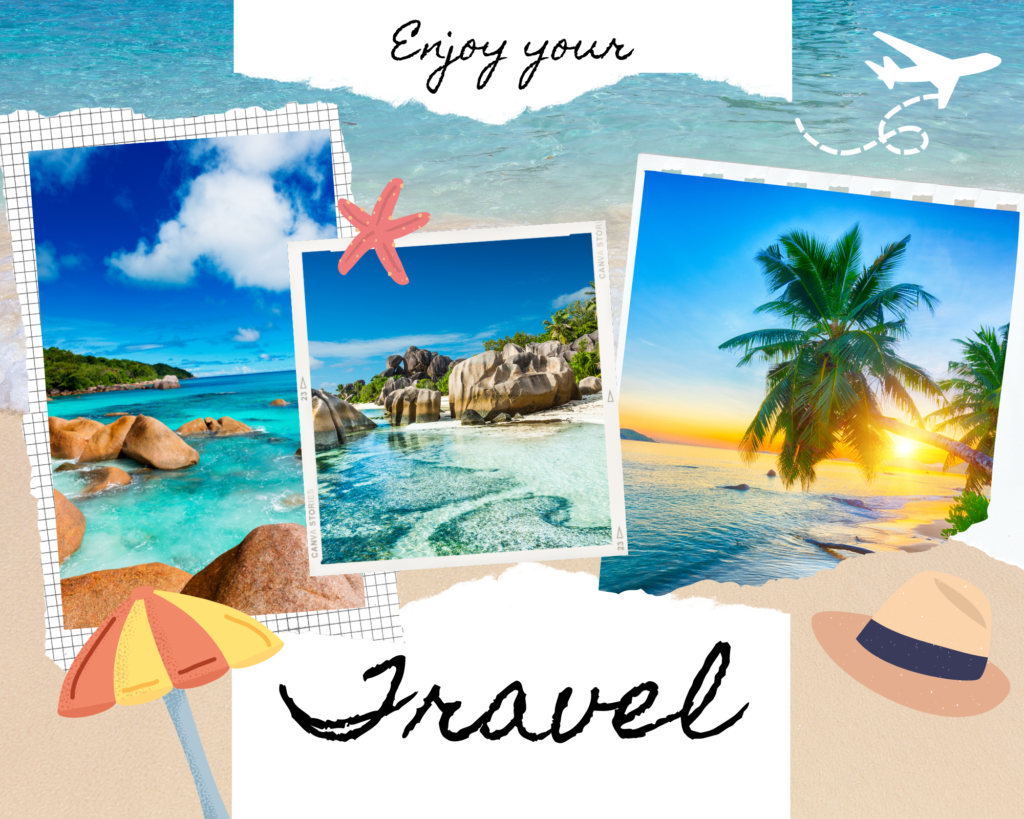
The sight of the sea soothes your body and mind, just like meditation does. You have a renewed sense of vitality. Studies show that the heart, brain, and other organs are revitalized by the island’s positive energy and the sound of the waves soothes the soul. It makes you feel like a kid again, so you start doing enjoyable things.
A trip to the islands wouldn’t be complete without some snorkeling or scuba diving. You will be tempted to have a swim in the sea by the glistening clean waters. Get up close and personal with the abundant marine life; the exhilarating experiences of this daring sport will last a lifetime. In addition, you can unwind and treat yourself at a spa.
Photo Source : OanaAlexandra on canva.com
Island hopping is very common among newlyweds. You can treat your significant other to opulent lodging and a variety of options. You’ll feel as though you’re near the sea without ever leaving your room. Savor delicious meals while dining in your room with your special someone, make lifelong memories, and make fascinating experiences.
Images of dreamlike blue waters, palm trees, and white sand beaches are commonly associated with beautiful islands. An island’s beauty isn’t limited to that, though. Volcanic islands with striking peaks and black sand beaches can be found. Others focus exclusively on historical places and cultural experiences.
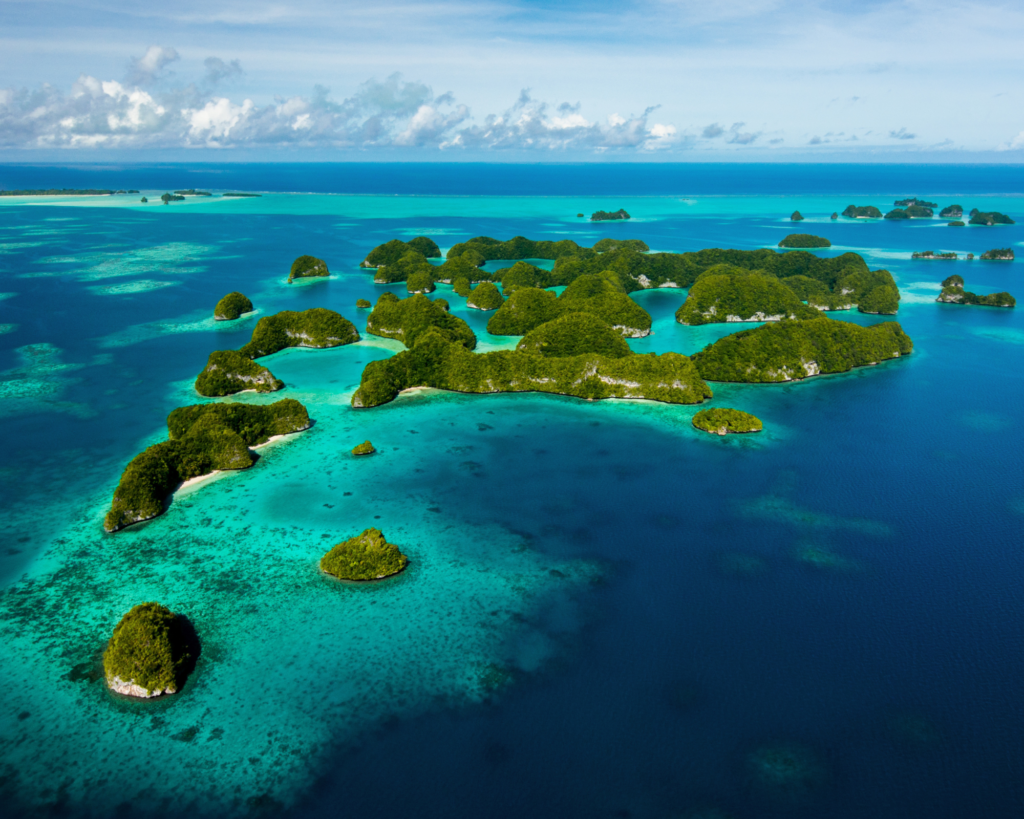
Islands Vacation Deals and Travel Guides
Subscribe to our newsletter
An island, also called an isle, is a solitary area of habitat encircled by a drastically different habitat, such water. Islets, skerries, cays, or keys are names for very small islands, such as emergent land features on atolls. A tiny island off the coast is known as a holm, and an island in a lake or river is referred to as an eyot or ait. Chars are the name for the sedimentary islands in the Ganges delta. An archipelago is a collection of connected islands, either geographically or geologically, like the Philippines.
The word “island” comes from Middle English, which is derived from Old English igland (which, when used alone, meant “island,” with the suffix -land conveying its modern meaning; see Dutch eiland, which means “island,” and German Eiland, which means “small island”). However, a false etymology resulting from a mistaken link with the etymologically unrelated Old French loanword isle, which itself comes from the Latin word insula, caused the word’s spelling to be altered in the 15th century. Actually cognate of German Aue and Swedish ö, Old English ieg is connected to Latin aqua (water).



